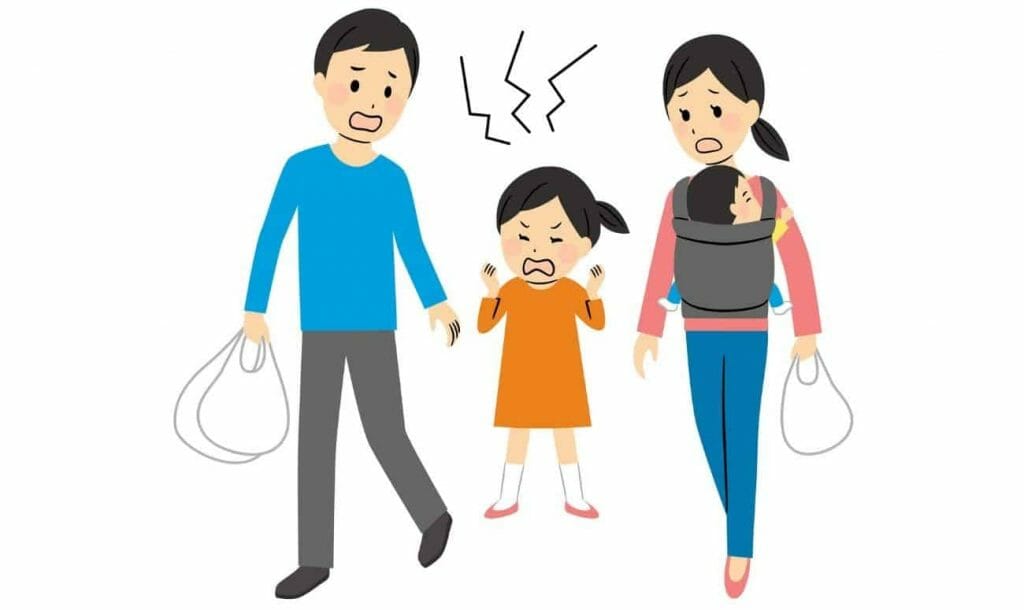Is your kid throwing more tantrums than usual? Is s/he complaining of frequent headaches, is gravitating towards processed sugar (chocolates, biscuits, etc), loves sitting/lying down in one place more and more?
It might come as a rude shock to you, like it did to me, but most kids today have low levels of Vit D (understandable, since they are spending so less time outside in the sun), and Iron. These deficiencies mostly go undiagnosed, and their crankiness is usually addressed as ‘behaviour problem’.
According to a recent research, the most common nutrient deficiencies among school children are: calcium, fibre, folate, iron, magnesium, potassium and vitamin E. It has been reported that the two most common deficiencies seen in generally healthy children are iron and vitamin D deficiencies.
Even if your kid is gaining weight, these deficiencies can harm her/him in the longer run. We all know that the food consumption patterns have changed tremendously since we were kids. Our kids are eating less fibrous food and more processed food. Fruits have been replaced by flavoured Greek yogurt, and homemade shakes have given way to packed juices. The occasional homemade bread-pakora has been replaced by easily-available burgers and fries. What has all this led to?
The first step is to assess if your kid is crankier, sleepier, low on energy than usual.
The second and obvious step is to get the blood tests done, even if your pediatrician doesn’t recommend it. If nothing, it will put you at ease! And then ask pediatrician to inform you about the next steps. While supplements might be necessary in some cases, a balanced diet usually helps in most cases.

To do’s:
1. Make it a rule to get blood tests done every six months for yourself, and once every year for your kid. This practise will help the whole family.
2. Invest your time and energy in preparing and serving balanced diet. Seasonal fruits and vegetables should be a mandatory part of your family’s diet.
3. When you go grocery shopping, please make sure to spend the least on processed foods. If kid/s don’t have access, they will get out of the habit to eat it eventually.
4. Don’t give into tantrums. Remember, you are doing this for your family’s health, and kid/s will follow what they see you doing.
5. Do not introduce any supplements in your child’s diet on your own. Trust your doctor. In fact, do not try any medicines for your child without consulting your doctor first.
6. Food pairings help a lot. For instance, iron-rich food paired with Vitamin C-rich food provides more benefits than when eaten alone (think beetroot and carrot salad with a dash of lemon).
7. Who doesn’t love variety (apart from Anil Kapoor)? Introduce a variety of foods in your diet. Love eating rice? Try replacing it with quinoa at least two-three times a week. Love roti? Add ragi or bajra flour to the dough. Love paratha? Add beetroot to the dough. If it is tough for you, prep in advance.
8. Replace processed snacks with fruits, dahi or shakes. Easier said done, when we are all running against time, and trying to pack in more activities in a day than possible. But a little bit of effort will serve you in the longer run. Add peanut butter to apple; add raisins to dahi/hung curd to make it look more appetising to your young one.
9. Spend time in the sun. Yes, it is hot. Yes, it is polluted. But a minimum of 15 minutes in the sun is a prerequisite for everyone.
10. Fix the bedtime. Your children needs to sleep for 8-12 hours, depending on her/his age. This will help the body to recover and assimilate the nutrients better. You as a parent can be a role model here by fixing your bedtime. Endless scrolling that’s not adding to your betterment, is simply a waste of your time. Do not give into it.
11. Exercise. Your child will not eat unless s/he is hungry. Ideally, s/he should be playing in the park uninhibited But if it’s not possible, make them run/jump around the house or exercise with them; engage them in interesting chores like watering the plants to get those calories burning.
Most of all, embrace a ‘healthier’ lifestyle by choice. Even if your blood parameters are fine, take these steps for your healthier and happier child.
Read more: Plastic Trash Bag Alternatives For You To Try Out
Like & Follow ThinkRight.me on Facebook, Instagram, Twitter, and Telegram to stay connected.






























